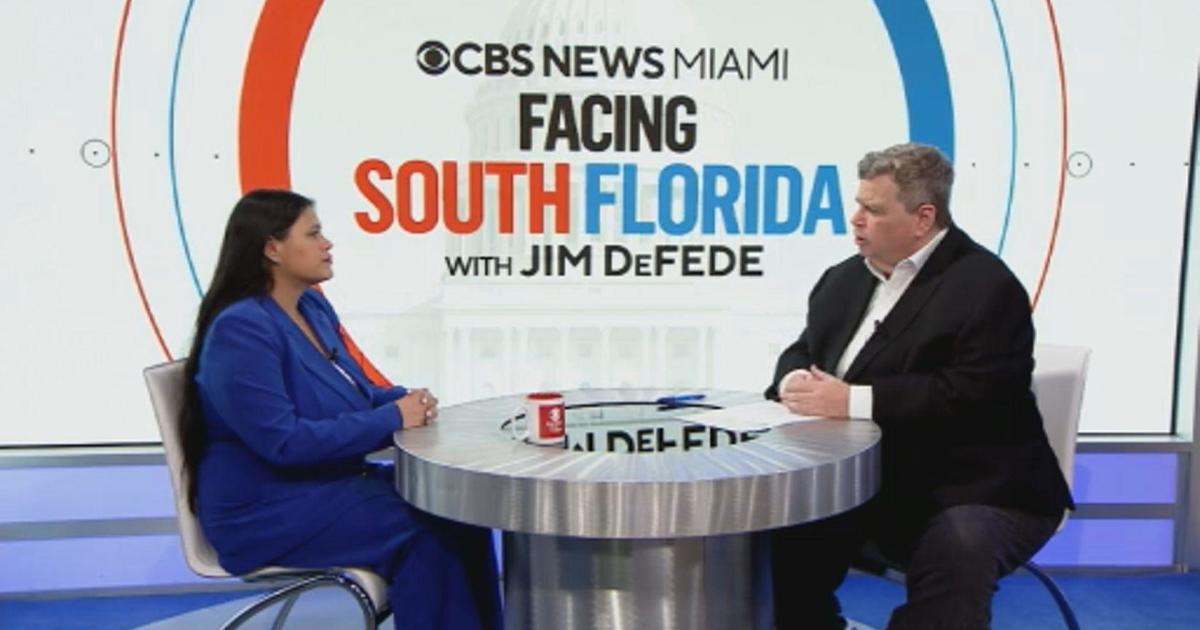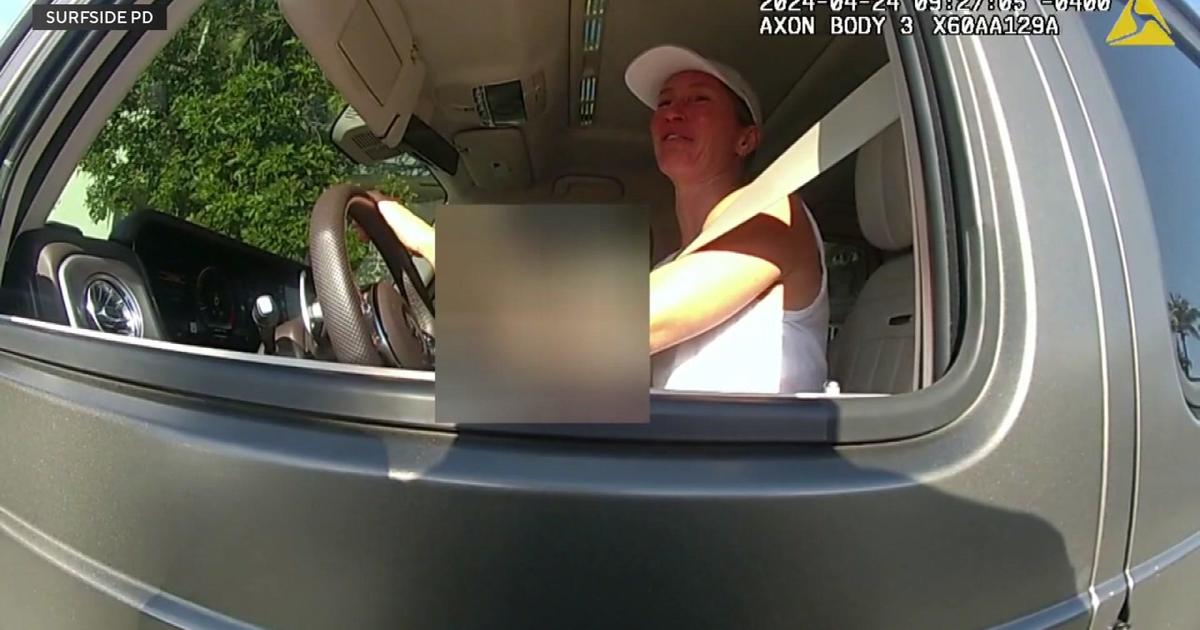South Florida Fatal Crash Could Pose Test For Expert Witness Testimony
TALLAHASSEE (CBSMiami/NSF) -- More than six years after a car crash killed five people in South Florida, the case could become a test for how courts apply a controversial standard for expert witness testimony.
Attorney General Ashley Moody's office is asking the Florida Supreme Court to take up the issue, after the 4th District Court of Appeal in July ordered a new trial for Jabari Kemp, who had been convicted of five counts of vehicular manslaughter and sentenced to 30 years in prison because of the 2013 crash.
The appeals court decision --- and Moody's arguments --- center on a change approved by the Legislature and then-Gov. Rick Scott in 2013 to require judges to use a more-stringent standard in deciding whether to admit expert-witness testimony. The Florida Supreme Court this year effectively directed courts to use the standard, known in the legal world as the Daubert standard.
In the Kemp case, the appeals court found that key expert testimony from a Florida Highway Patrol accident investigator, Robert Dooley, did not meet the Daubert standard. As a result, the appeals court ordered the new trial for Kemp.
Moody's office on Friday filed a brief asking the Supreme Court to hear the case and followed up Monday by asking justices to place a stay on lower-court proceedings. The brief argued that the appeals court did not properly apply the Daubert standard.
"Here, the Fourth District adhered to a rigid approach, robotically applying the factors set forth in Daubert in order to exclude evidence rather than employing a flexible approach to permit the jury to weigh the testimony," the brief said.
But in a document filed Wednesday, an attorney for Kemp said the likelihood of the state's success on the issue is "remote."
"Whether testimony is admissible as an expert opinion is determined by the facts of a case measured against the principles of Daubert," the document said. "Here, the proponent of the opinion --- the state --- failed to establish that Dooley's expert testimony satisfied any benchmark of reliability required by Daubert."
Kemp's car was estimated to be traveling at 128 mph when it went down an Interstate 95 exit ramp in Palm Beach County and crashed into another vehicle carrying the five victims. He contended he had fainted before the crash, a factor that could be important in determining whether he should be convicted of vehicular manslaughter.
Prosecutors, however, tried to prove that he had tried to break the car, which would cast doubt on his argument that he was unconscious. But the appeals court said Dooley's opinion about braking should not have been allowed into Kemp's trial.
"The trial court admitted the opinion without requiring that it satisfy any of the benchmarks of reliability set forth in Daubert," the appeals court decision said. "The record does not show that Dooley's technique --- eyeballing the shape of the crash damage on a vehicle to determine if the vehicle that made the impact was braking --- has been tested, has been subjected to peer review or publication, has a quantifiable rate of error, or is generally accepted in the field of accident reconstruction."
Though somewhat esoteric, expert witness standards have been controversial legally and politically in Tallahassee.
The 2013 law was designed to shift the state's courts to the Daubert standard from a less-stringent standard for expert testimony known as the Frye standard. The law came after lobbying from business groups, who argued that a move to the Daubert standard would prevent "junk science" from entering lawsuits.
In 2017, however, the Supreme Court, which has the power to set court procedures, blocked the move to the Daubert standard. But after a major change in the makeup of the Supreme Court this year, justices in May reversed course and approved the use of Daubert.
(©2019 CBS Local Media. All rights reserved. This material may not be published, broadcast, rewritten, or redistributed. The News Service of Florida's Jim Saunders contributed to this report.)



